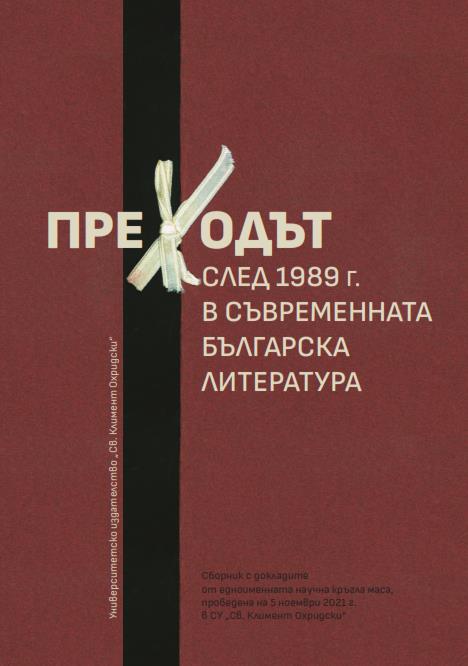Смяната на имената като проблем на историографията и колективната памет
Changing the Names as a Problem of Historiography and Collective Memory
(On Two Movies from the Time after 1989)
Author(s): Nikolay Papuchiev
Subject(s): Language and Literature Studies, Fine Arts / Performing Arts, Studies of Literature, Film / Cinema / Cinematography, Sociology of Art, Sociology of Literature
Published by: Софийски университет »Св. Климент Охридски«
Keywords: Transition; changing the names; Bulgarian Muslims; movies; memory; Burn, Burn Fire; Radiogram
Summary/Abstract: The article presents the results of a study carried out within the project “The Post-1989 Democratic Transition – Interpretations of Historical Change, Social Experience and Cultural Memory in Contemporary Bulgarian Literature,” financed by the National Science Fund, Ministry of Education and Science. The study focuses on two films: Gori, gori, ogunche (Burn, Burn Fire) (1994), screenplay by Malina Tomova, directed by Rumyana Petkova, and Radiogramofon (Radiogram) (2017), written and directed by Ruzie Hasanova. The subject of the paper is the reflection within Bulgarian society during the so-called “Time of Transition” of one of the most traumatic period of Bulgarian history – the changing of the Bulgarian Muslims’ Turkish or Arabic names which the communist government initiated and enforced, at times using violence, during the 1960s and 1970s. The concept of the modern Bulgarian nation shared after 1989 was characterized by the same heavy nationalistic leanings which had been created and sustained by the totalitarian regime in the previous historical period. Some of them shaped the social representations after the collapse of the Communist regime. Using the two movies under consideration, the article looks at some of the main aspects of the changes in Bulgarian society – the collective images, the attitudes towards history, and the problems of group identities in the new social, political, economic and historical period. Along with mass media content analysis, the study is based on numerous interviews with local people. The chosen methodology aims to reveal and discuss the sites of trauma in the collective memories.
- Page Range: 86-142
- Page Count: 56
- Publication Year: 2023
- Language: Bulgarian
- Content File-PDF

